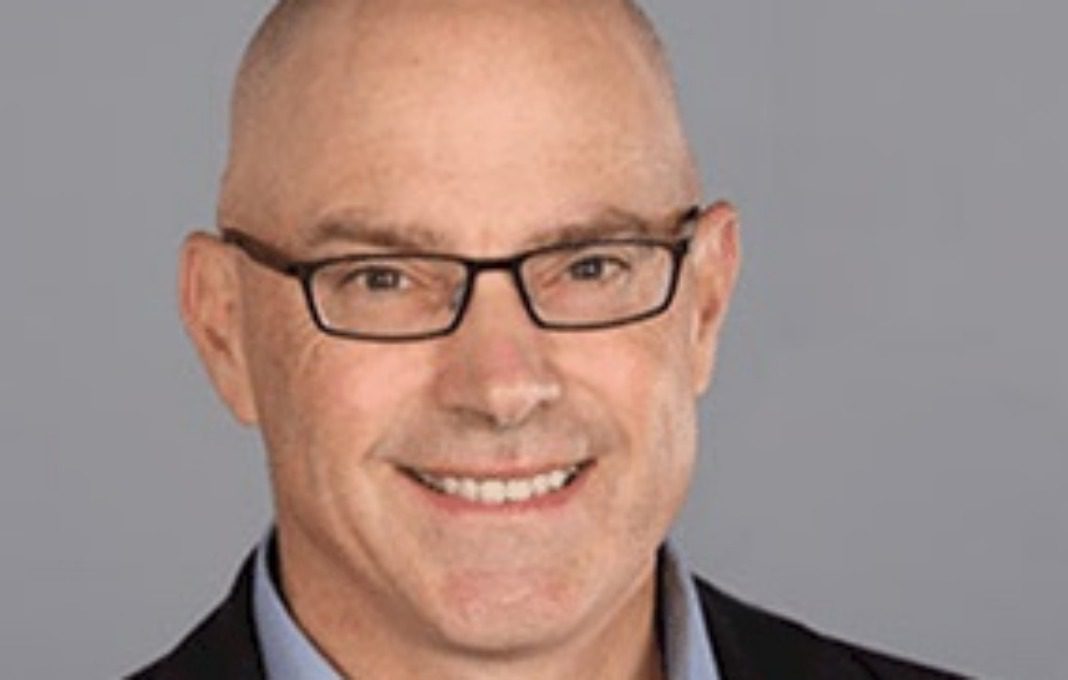OneStream Software in Rochester, Michigan, recently surveyed financial leaders, and CFO Bill Koefoed says the results show how dramatically economic headwinds are “keeping CFOs up at night.”
Of course, that isn’t their only concern, and Koefoed—who’s held executive roles at Microsoft and BCG Digital Ventures—spoke with StrategicCFO360 about what’s on finance chiefs’ minds, what it says about the future of the position and his best advice for people just entering the field.
OneStream recently released the results of its “Enterprise Financial Decision-Makers Outlook–May 2022” survey with key findings around the top concerns of financial leaders in today’s economy. What did you discover?
For this survey, we targeted finance leaders across North America to identify the key factors impacting budgets, planning and technology adoption for 2022 and into 2023.
Interestingly, supply chain issues and geopolitical matters were not the main concerns keeping CFOs up at night. Economic disruptions were top of mind for 30 percent of respondents, followed by cybersecurity vulnerabilities (20 percent) and ongoing pandemic impacts (18 percent).
The majority of CFOs (89 percent) in our survey are already using cloud-based planning and reporting solutions, predictive analytics (87 percent) and machine learning (81 percent). But this is just the beginning of the finance evolution. We will continue to see these applications develop more advanced predictive capabilities and become even more widely utilized.
How has the CFO role changed since the onset of the pandemic?
The business landscape has become increasingly dynamic since March 2020, which means CFOs have had to prioritize agility as a core strength. This requires using more real-time financial data to drive decision-making. To combat disruptions that could alter our financial performance, we’re also forecasting more frequently and running scenario modeling to support business predictions.
Those disruptions have created a greater need for modern technology, whereas previously, many finance departments were still conducting the bulk of their work either in Excel spreadsheets or legacy applications. CFOs have had to bring their teams and other executives on board with digital transformation.
More recently, we’ve seen major players weigh maintaining or suspending business operations in war zones. We’re also seeing the effects of supply chain disruptions and inflation impact business performance like we have not seen in decades. As a result, geopolitical planning is another muscle CFOs are flexing with the support of their teams.
Do you think these changes are permanent? What can the next generation of finance leaders do to prepare for the CFO position?
I believe these changes to the CFO position are here to stay. My advice for the next generation of finance leaders is to strengthen your problem-solving abilities. Learn from executives who navigated organizations through crises in the past. Become comfortable with the unpredictable and you’ll be a better leader for it.
What led you to a career in finance? Did you have any mentors who supported you along the way?
I was fortunate to know from an early age that I wanted to work in finance and took an accounting class in high school that I enjoyed. I went to University of California where my undergrad degree was in accounting and joined Arthur Andersen out of college where I was able to get broad experience with some great clients. After a few years, I realized I was more interested in consulting and helping businesses make critical decisions, so I went back to school to get my MBA.
I’ve been fortunate to have some great mentors over the years. I did a lot of consulting at HP and then joined them full time earlier in my career and worked for a fantastic leader. Since Bill Hewlett and Dave Packard founded the company, HP has been known for the “HP Way” and I benefited from the management skills I learned back then.
What do you think is the most important skill for a CFO today? What advice would you give to someone looking to follow a similar career path?
Agility is essential to a CFO’s success. We’ve learned that business disruptions are inevitable, but the best leaders find a way to course-correct and adapt to bring their teams through to the other side.
Agile leaders stay aware of the latest trends and forecasts. Technology, geopolitical matters and new regulations all impact a CFO’s responsibilities, so it’s essential to have a handle on these evolving conversations.
Stay curious about new solutions and processes, but also stay curious about the people and organizations you come across throughout your career. You never know where opportunities can lead.








